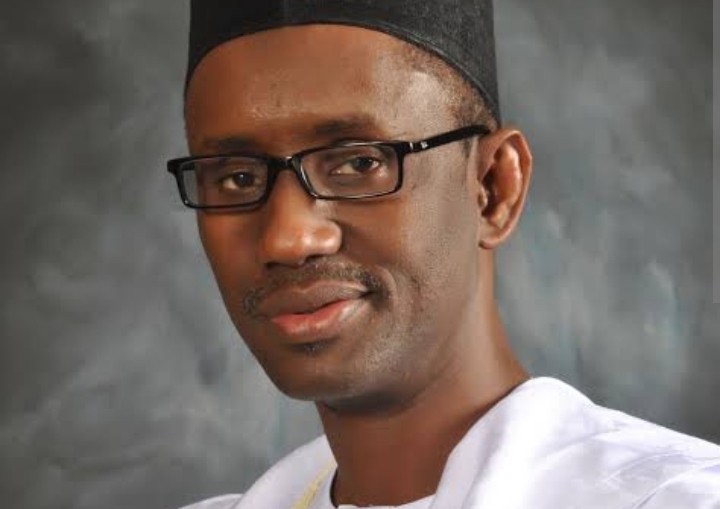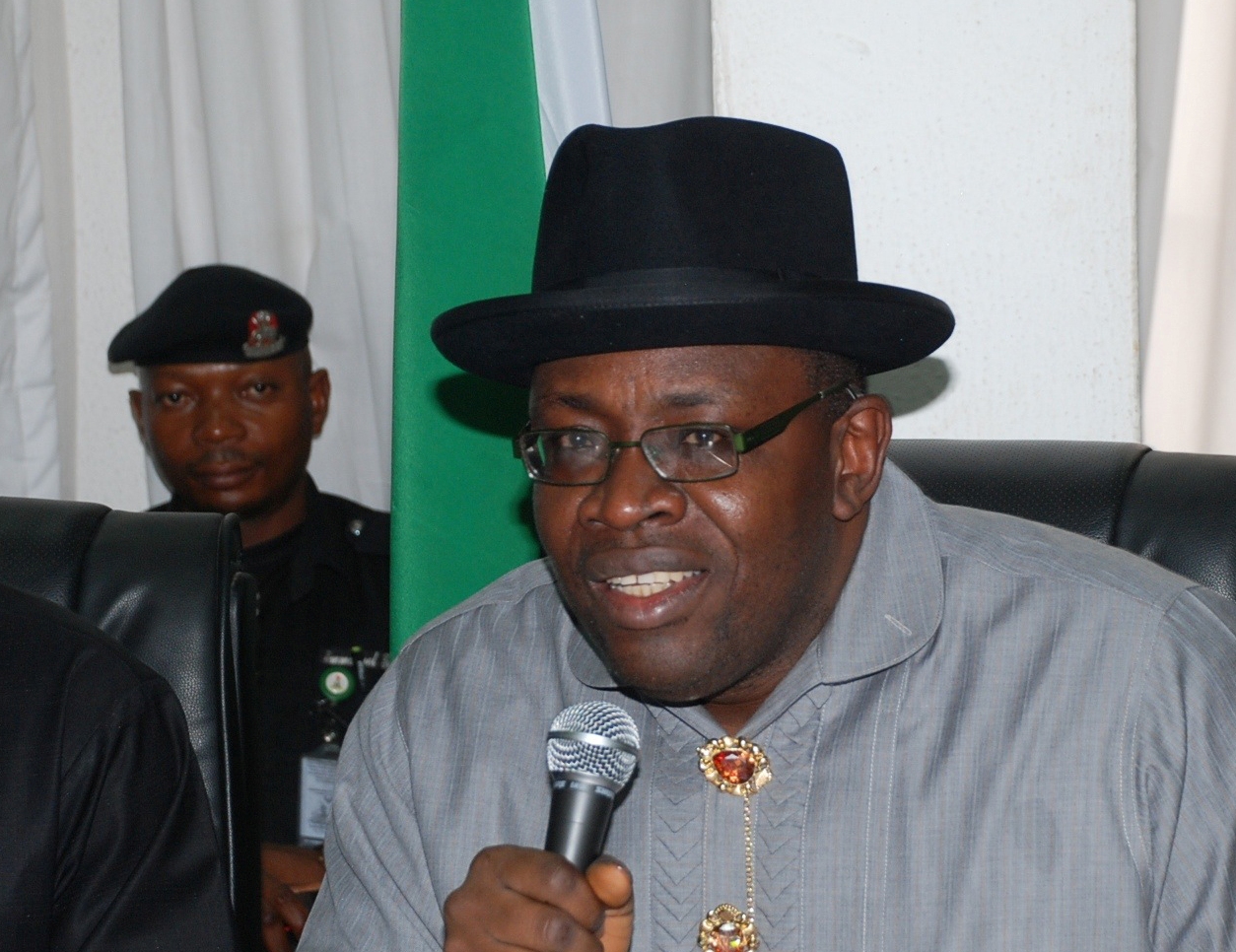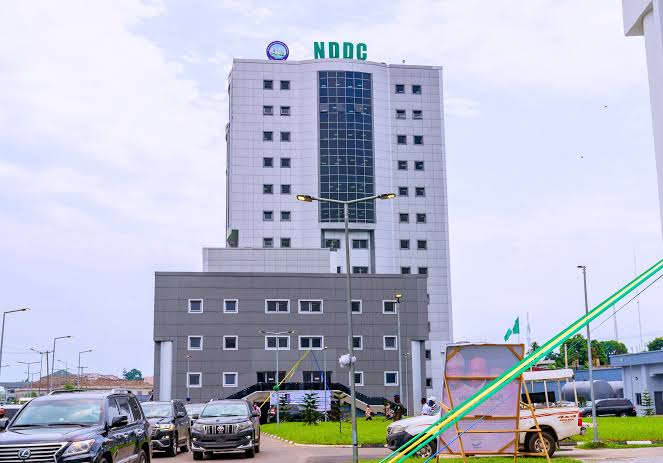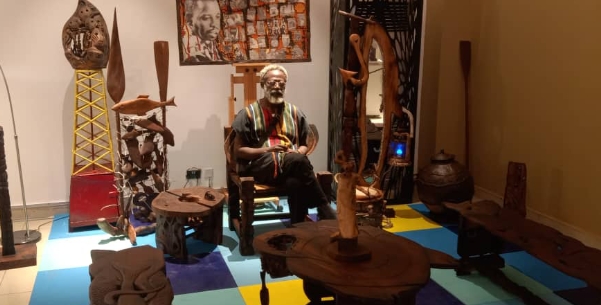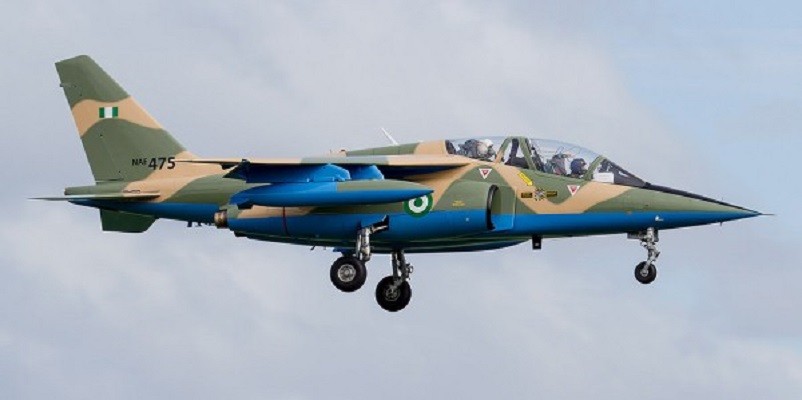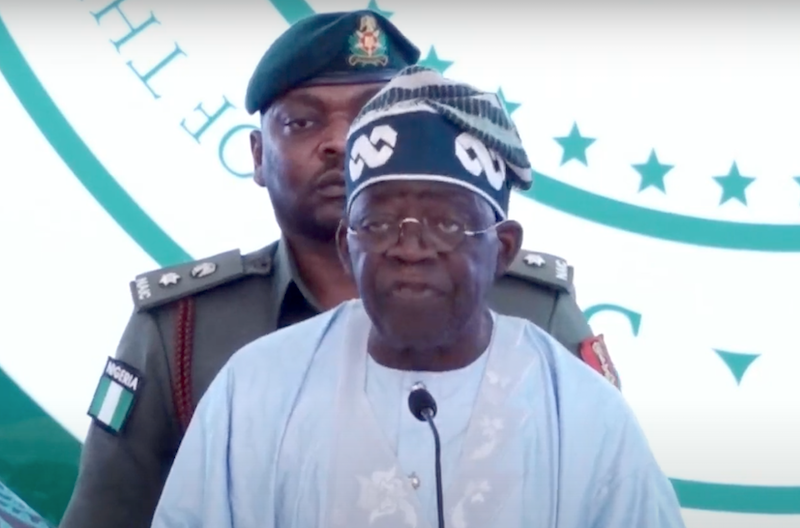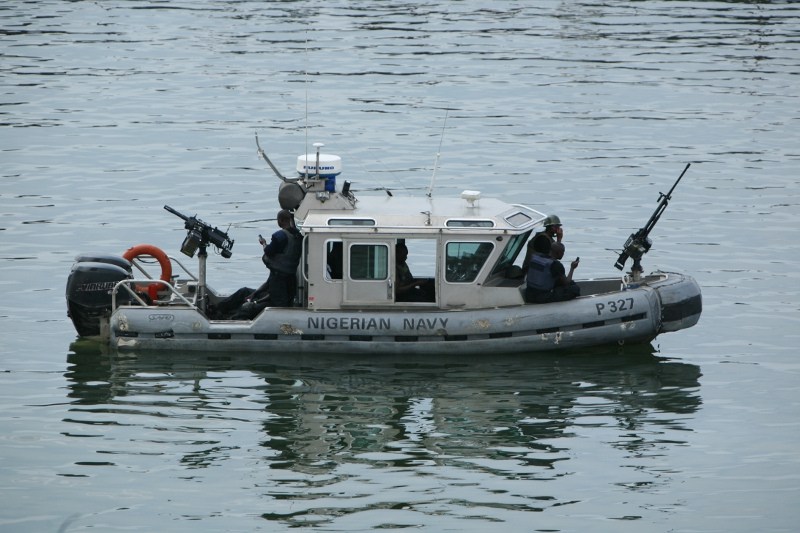By A Aliyu
Four months after Vice Admiral Emmanuel Ogalla assumed office as Nigeria’s 22nd Indigenous Chief of the Naval Staff, Nigeria recorded its highest oil production in almost two years. Subsequent data from Nigerian Upstream Petroleum Regulatory Commission showed that the country’s crude oil production rose from 1.08 million barrels per day in July 2023 to an average of 1.38 million barrels per day in January and February 2024, representing a 300,000-bpd increase.
Additionally, official figures show that Nigeria’s Liquefied Natural Gas (LNG) export cargoes have increased from an average of 16 per month in 2023, to 21 monthly in the first quarter of 2024.
These rising metrics offer incontrovertible proof of the seriousness with which the Naval Chief has approached the debilitating fight against the criminality that deprives Nigeria of much-needed oil and gas revenues. In his words, they are “a testament to the positive outcome of the renewed drive by the Nigerian navy towards ensuring that oil contributes optimally to national development.”
At the start of 2024, precisely on the 6th of January, Vice Admiral Ogalla launched Operation DELTA SANITY, an anti-crude oil theft (COT) and anti-economic sabotage operation in the Niger Delta, with several vessels and hundreds of Naval personnel deployed on aggressive surveillance and patrols.
In the last three months, Operation Delta Sanity has recorded remarkable successes, putting oil thieves and vandals on the defensive across various parts of the Niger Delta, from Bayelsa to Ondo to Rivers to Akwa Ibom States, and beyond, with the recovery of massive quantities of stolen products, the dismantling of discovered sites, and arrest of suspects. Since inception, Operation Delta Sanity has recovered over 62,000 barrels of crude oil, as well as close to a million litres of illegally-refined diesel, petrol and kerosene; valued in total at almost 10 billion Naira.
Successes recorded in the second half of March 2024 include the discovery, by the Nigerian Navy Ship (NNS) SOROH of 2 illegal refining sites, sacks, drums, hoses, pipes, 2 ovens, 8 reservoirs containing about 53,900 litres of suspected stolen crude oil, a fiber boat containing about 1,550 litres of suspected illegally-refined diesel and 250 litres of illegally-refined kerosene.
Between March 19 and 23, a patrol team from Nigerian Navy Ship PATHFINDER discovered and dismantled 3 Illegal Refining Sites, 21 Ovens, 5 dugout pits, 12 reservoirs, 4 fiber boats and one wooden boat containing about 33,000 litres of suspected stolen crude oil, in Degema Local Government Area of Rivers State. A week later, NNS PATHFINDER seized 2 fibre boats containing about 3,000 litres of illegally refined diesel, around Alakiri to Isaka Axis, in Rivers State.
In Mbo LGA of Akwa Ibom State, a patrol team from the Forward Operating Base (FOB) IBAKA intercepted a wooden boat containing about 15,500 litres of suspected stolen petrol, stored in drums, and arrested one suspect. Also in Akwa Ibom, Nigerian Navy Ship JUBILEE working with 2 Brigade intercepted 3 trucks containing illegally-refined diesel.
On March 31, 2024, Forward Operating Base BONNY discovered and dismantled 2 Illegal Refining sites containing about 5,000 litres of illegally refined diesel and 10,000 litres of stolen crude oil at Cawthorne Channel and Ke General Area, in Rivers State.
On the first of April, 2024, Forward Operating Base ESCRAVOS discovered and deactivated a newly-laid hose that stretched 3km towards a Chevron Nigeria Limited pipeline at Ajudaiboo Community, Warri, Delta State. Investigations are ongoing to unravel the culprits behind the laying of the hose. That same day, at Agogboro Community, Warri Southwest, an Illegal Refining Site with about 3,000 litres of stolen crude oil was discovered and deactivated.
These are just a handful of the most recent successes. No week has gone by this year without the Nigerian Navy reporting a major breakthrough in this fight against maritime criminality – and it is heartwarming to see attention being paid from various critical quarters.
Speaking in February 2024, at a Regimental Dinner organised by the Nigerian Navy in honour of its retired senior officers, Senate President Godswill Akpabio said, of the Navy: “The numerous arrests of ships and individuals involved in illegal bunkering, destruction of illegal refining sites, smuggled goods and narcotics as well as the increase in oil production in Nigeria, attest to the tireless efforts of the Navy in combatting the nefarious activities undermining Nigeria’s economy,” adding that “The nation looks up to you and expects nothing short of professionalism which you have exhibited thus far. Be assured that the National Assembly will support you with all the processes needed to succeed.”
With this kind of support guaranteed, little wonder that Vice Admiral Ogalla is boldly pressing ahead with the scaling-up of the fleet renewal program he inherited from his predecessor. Speaking recently, the Naval Chief disclosed: “We have categorised the fleet renewal under short, medium, and long-term plans,” adding, “The objective of the fleet renewal policy is to develop a system capable of sustaining effective and round-the-clock presence in the Exclusive Economic Zone.”
The Naval Shipyard is currently constructing 20 houseboats for brown-water operations, while the Naval Dockyard Limited is pressing ahead with the construction of the Navy’s latest Seaward Defence Boats (SDBs). The Navy is also awaiting the delivery, this year, of two high-endurance Offshore Patrol Vessels from Dearsan Shipyard of Turkey.
Additionally, in the next few weeks, the Nigerian Navy is scheduled to launch 3 new Fast Patrol Boats (FPBs), from China. These FPBs will inject new momentum into the policing role of the Navy within Nigeria’s Exclusive Economic Zone and the wider Gulf of Guinea.
A few months ago, 14 gunboats donated by Akwa Ibom State Government were inducted into service. The Naval Chief has made it a priority to deepen relationships with State Governments, and build the required synergy for mutual benefit.
The fight against oil theft and other forms of criminality is being waged not just in the water, but from the air as well, with cutting-edge technology. In recent months, the Nigerian Navy has taken delivery of 12 new Unmanned Aerial Vehicles (UAVs), that will take the fight against oil theft to the next level. Three combat helicopters have also been ordered for the Naval Aviation unit, and are awaiting delivery.
Prior to the launch of Operation DELTA SANITY, the closing months of 2023 were very busy for the Nigerian Navy, with the flagging-off of a number of high-profile maritime Exercises, including Exercise CROCODILE LIFT, Exercise GRAND AFRICAN NEMO 2023, Joint Exercise SEA GUARDIAN 2023, and Exercise NCHEKWA OSHIMIRI – all of which recorded impressive successes.
Alongside these Exercises, the Navy hosted several visiting warships from foreign Navies – French Navy Ship MISTRAL; Royal Navy Ship HMS TRENT; Brazilian Navy Ship BNS LIBERAL; Indian Navy Ship SUMEDHA; and the Chinese Navy Escort Task Group, ETG 162 – a demonstration of renewed vigour towards the deepening of bilateral military relations, and mutual assistance, with these countries. More recently, on April 2, a Spanish Navy Ship, SNS BAM FUROR, arrived Lagos on a port call; the second Spanish Navy Ship to visit Nigeria in the last six months.
March 2024 marked two years since Nigeria’s delisting from the global list of piracy-prone countries, by the International Maritime Bureau (IMB). Vice Admiral Ogalla remains unflagging in his determination to maintain that record, and to set new ones.
In a March 2024 commendation letter from the Global Marine Community to the immediate-past Director-General of the Nigerian Maritime Administration and Safety Agency (NIMASA), the significant security improvements in Nigeria’s maritime environment were acknowledged. It is worth noting that the special security assets acquired by NIMASA for its Integrated National Security and Waterways Protection Infrastructure (“Deep Blue project”) are being operated by the Nigerian Navy.
Recently, President Bola Ahmed Tinubu rolled out a new and ambitious vision for Nigeria’s oil and gas industry, encapsulated in a series of presidential directives: fiscal incentives to attract billions of dollars in new investments, reduce operating costs by as much as 40 percent, and shorten contracting cycles by from 38 months to less than 6 months, in line with global best practice. All of these reforms will require the underpinning of security, and Vice Admiral Ogalla is fully committed to leading a Naval Force that guarantees the enabling conditions in this regard.
In addition to this, there is the President’s blue economy agenda, which necessitated the landmark creation, in August 2023, of a Federal Ministry of Marine and Blue Economy. The Nigerian Navy, fully cognizant of the critical role it plays in enabling the nation’s maritime economy through security, partnered with NIMASA in November 2023 to set up a Joint Committee on Blue Economy.
At the end of May, the Navy will further demonstrate its commitment when it convenes the fifth Edition of the International Maritime Conference / Regional Maritime Exercise (INCREMEX) 2024, in Lagos, with the theme: “Promoting the Blue Economy in Africa through International Cooperation on Maritime Security.”
It will offer yet another opportunity for Africa’s leading Naval Force to showcase, under the leadership of Vice Admiral EI Ogalla, its domination of Nigeria’s Maritime Environment, through such impactful interventions as Operation DELTA SANITY, among others, in line with its constitutional mandate.
